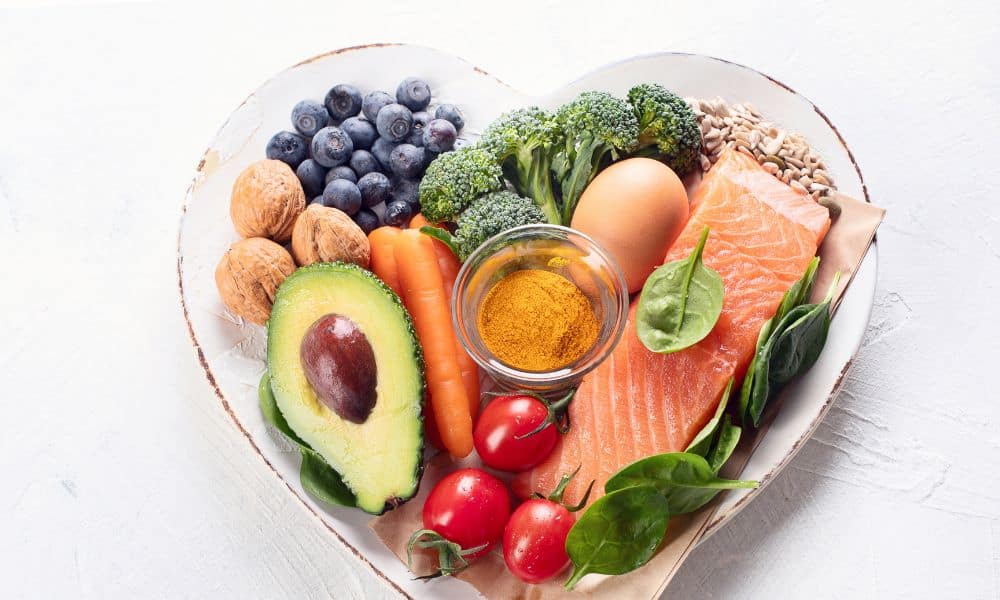In the realm of fitness, achieving peak performance often hinges on a delicate balance between hunger and health. Understanding and implementing effective nutrition strategies is crucial for anyone aiming to optimize their fitness performance. This comprehensive guide delves into the intricacies of managing hunger and maintaining health, offering practical tips and insights to help fitness enthusiasts and beginners alike.
Understanding Hunger in the Fitness Context:
Hunger is not just a signal for energy replenishment but also an indicator of your body’s nutritional needs. In the fitness landscape, it’s essential to differentiate between physiological hunger and cravings driven by factors like stress or boredom. Recognizing true hunger cues ensures that you’re fueling your body adequately for workouts and recovery.
Macronutrients: The Foundation of Fitness Nutrition:
Macronutrients – carbohydrates, proteins, and fats – are the cornerstone of any fitness nutrition plan.
- Carbohydrates: Often misunderstood, carbs are vital for energy. Opt for complex carbohydrates like whole grains, fruits, and vegetables to ensure sustained energy release.
- Proteins: Essential for muscle repair and growth, proteins should be a staple in your diet. Sources like lean meats, fish, dairy, and plant-based options like legumes are excellent choices.
- Fats: Healthy fats are crucial for hormone production and nutrient absorption. Include sources like avocados, nuts, and olive oil in moderation.
Balancing Calories: Fueling for Performance and Recovery:
Caloric intake should align with your fitness goals. For muscle building, a caloric surplus is often necessary, whereas fat loss might require a caloric deficit. However, drastic calorie reduction can be counterproductive, leading to muscle loss and decreased performance.
Timing Your Meals: Synchronizing with Your Workout Routine:
Meal timing plays a pivotal role in fitness performance. Prioritize a balanced meal 2-3 hours before exercising and a protein-rich meal or snack post-workout to aid in muscle recovery and replenishment of glycogen stores.
Hydration: An Underrated Aspect of Fitness Nutrition:
Adequate hydration is critical for optimal physical performance. Water aids in nutrient transport, temperature regulation, and joint lubrication. Ensure you’re drinking enough water throughout the day, especially before, during, and after workouts.
Supplements: Aiding Your Fitness Journey:
While supplements are not a substitute for a balanced diet, they can support your fitness goals. Popular options include whey protein, BCAAs, and omega-3 fatty acids. However, it’s crucial to choose supplements wisely and avoid over-reliance on them.
Mindful Eating: Tuning into Your Body’s Signals:
Practicing mindful eating can enhance your relationship with food and fitness. Pay attention to how different foods affect your energy levels, mood, and performance. This awareness can guide your dietary choices, ensuring they align with your fitness goals.
Conclusion:
Balancing hunger and health through strategic nutrition is key to optimizing fitness performance. By understanding and implementing these nutrition strategies, you can fuel your body effectively, enhance your workouts, and achieve your fitness goals. Remember, a well-nourished body is a powerful tool in your fitness arsenal.




